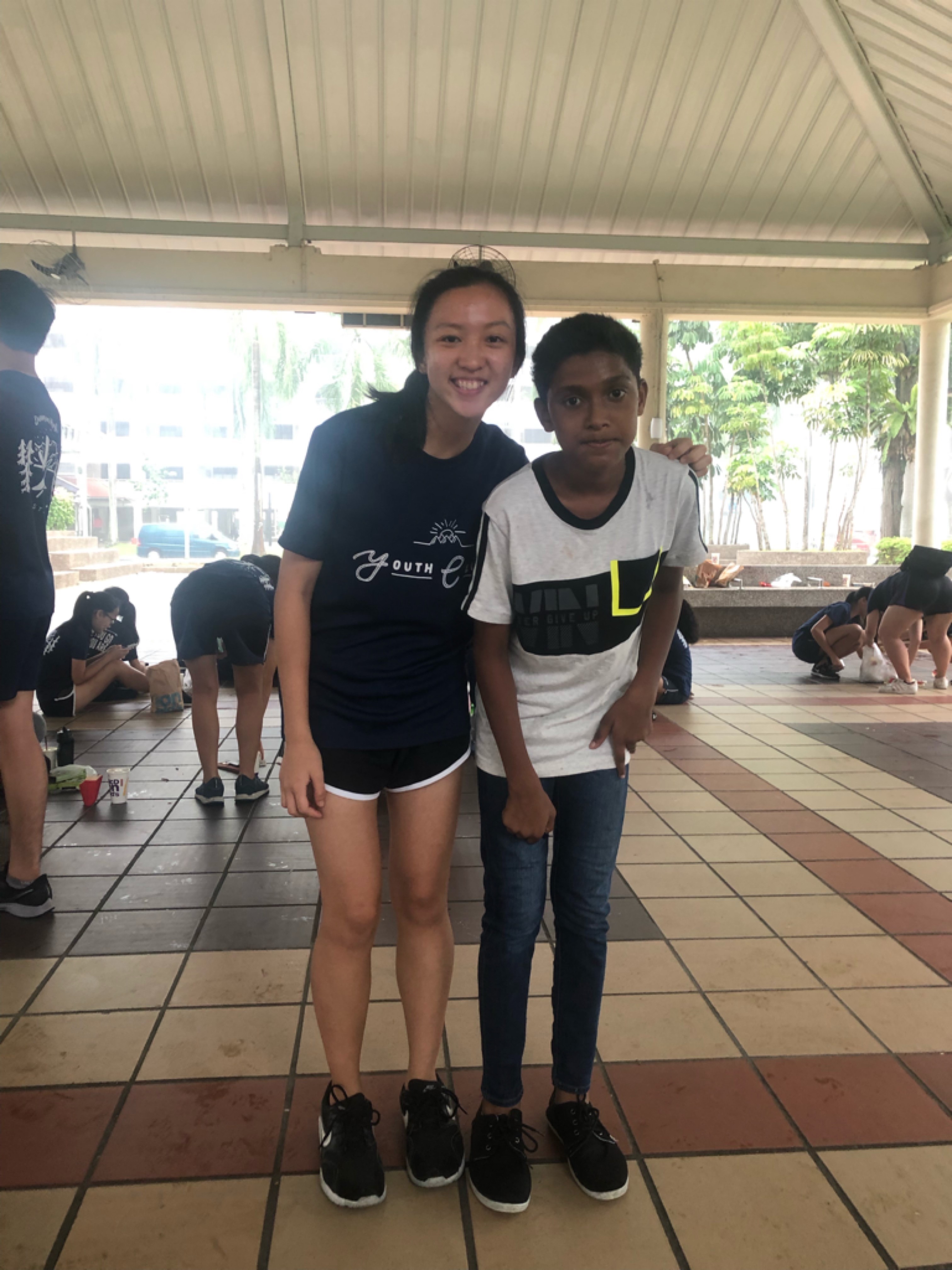![[FA] SIT One SITizen Alumni Initiative_Web banner_1244px x 688px.jpg](/openhouse2025/openhouse/sit-teaching-and-learning-academy/centre-professional-communication/sit-teaching-and-learning-academy/directory/sites/default/files/2024-12/%5BFA%5D%20%20SIT%20One%20SITizen%20Alumni%20Initiative_Web%20banner_1244px%20x%20688px.jpg)
Celebrating Our Budding Speech Therapists
12 November 2020
Jeremy Pakiam
Assistant Manager
As part of National Speech Therapy week celebrations, we speak to the Programme Director of SIT's newest course, A/Prof Valerie Lim and two students from the pioneer cohort of the Speech and Language Therapy programme, on their aspirations for this niche profession.

A/Prof Valerie Lim (left), believes that many still remain unaware of the full scope of a speech therapist.
National Speech Therapy week is celebrated annually in November by SALTS (Speech and Language Therapy Singapore), with the objective of raising awareness about what speech therapists do, as well as the challenges faced by those needing the services of this niche profession.
What speech therapists actually do and the exact scope of their work still remains unfamiliar to most, according to A/Prof Valerie Lim, Programme Director of SIT's Speech and Language Therapy (SLT) programme. "Even though we are the first Autonomous University to offer this degree programme in Singapore, I believe many people, even those in SIT, may not know the full scope of our profession and how; speech therapists impact lives," she chuckles. Though currently not as prominent as other Allied Health professions, A/Prof Lim shares that there is a growing need for speech therapists, given Singapore's ageing population, as well as the government investing more in programmes for children diagnosed with developmental issues.
"In a nutshell, speech and language therapy is a specialised field that involves preventing, assessing, diagnosing, and treating communication and swallowing disorders," says A/Prof Lim. She also explains that a variety of individuals can benefit from speech and language therapy, including children and adults who face issues with understanding, speaking, reading, writing, and social communication; those who stutter, stammer or find difficulty in articulating or voicing sounds or words; and even those who have difficulty taking food and liquid safely.
The four-year SLT programme aims to provide a fulfilling educational experience, both academically and clinically. Its curriculum is designed in collaboration with speech therapists from various health clusters in Singapore, the Ministry of Social and Family Development, social service agencies, and even private practitioners. Graduates will go on to be highly competent speech and language therapists who will promote communication, feeding, and swallowing health for the community in Singapore.

At 19, Ginny Hoe (left) chose SIT's Speech and Language Therapy programme due to her passion of making her future patients' lives better.
The pioneer intake commenced their classes in September 2020. For budding speech and language therapist Ginny Hoe, 19, it was her long-term aspiration to work in the healthcare sector. She was extremely grateful for the unwavering care shown to her by healthcare professionals when she was young. Her interest in speech therapy, in particular, peaked after reading a book where the author, who has Asperger's syndrome, reflects on his own self-worth and "social handicap". Ginny recalls, "This struck me, and I really wanted to learn more about such conditions. I wanted to be able to educate others on these conditions."
As an SLT student, her goals are to acquire the knowledge and skills needed to make her future patients' lives better, as well as to keep re-learning and upskilling herself to find ways in providing better treatment plans for them.
Vera Lim, 19, hadn't figured out her path after Junior College, till her elder sister, a fellow healthcare professional, suggested she look into SIT's Allied Health programmes. Knowing that she wanted to make a difference in the lives of others while still being able to maintain a balanced lifestyle, she decided to enrol in SIT's SLT programme. "I feel that communication is something many people take for granted, and often overlook the importance of it. As I researched more about the programme and the industry, I felt more drawn towards it, and thinking about how I could make a huge impact on others' lives made me eventually take the leap into this programme," said Vera.
Now, two months into their foray of the SLT programme, Ginny and Vera both agree that life as an undergraduate can be a little overwhelming sometimes, especially having to manage online learning. They also agree on a more important point, however, and that is that they are very happy studying something they are genuinely passionate about.
"Discussions during tutorials and seminars can be pretty refreshing! I get to understand different points of view and see things from various perspectives," shares Gina.
Vera is glad to be brought back to the fundamentals of speech during her classes. She adds, "I realised people communicate daily, yet do not think much about how it all started and how we've progressed, myself included. Now, I find myself being more aware of how speech works in daily life, and I'm glad that I'm able to apply what I've learnt so far!"
We would like to take this opportunity to wish all our SLT students, faculty, and industry partners a very happy Speech Therapy Week!